Is Protein Powder Shelf-Stable or Should You Refrigerate It?
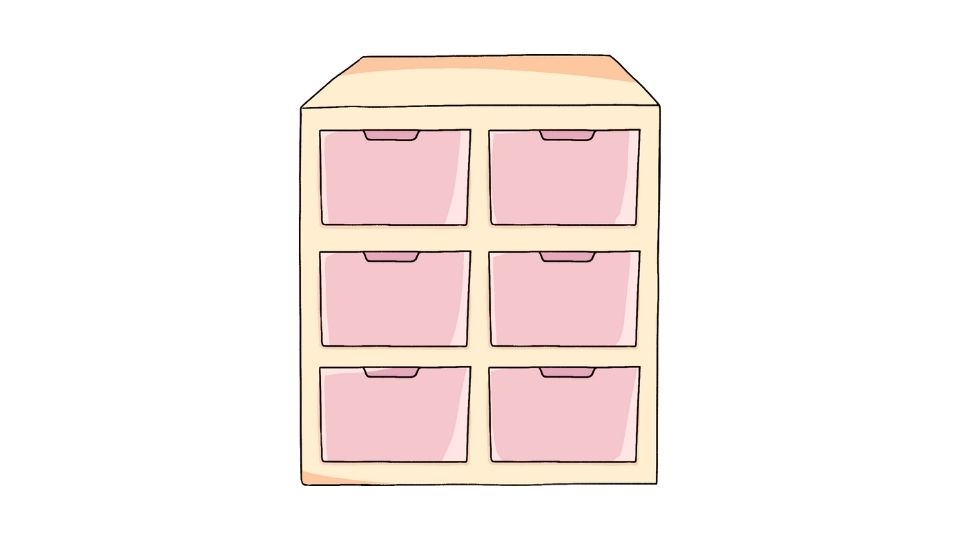
Ever wondered how long that tub of protein powder sitting in your cupboard will actually last?
Protein powder is pretty shelf-stable when stored right, typically lasting anywhere from 9 months to 2 years. But that timeline depends on a bunch of factors like what type of protein it is, what’s added to it, how it’s packaged, and most importantly – how you’re storing it.
Let’s break down everything you need to know about keeping your gains in powder form fresh and effective. Skip the bro-science and get the real facts!
Protein Powder Shelf Life: What You Need to Know
You’ve probably got a few questions about that expensive tub of protein you bought:
- How long does it actually last?
- Does protein powder go bad?
- Why does it sometimes get all clumpy?
I’ll answer all these and more. Let’s dive in!
Why Protein Powder Lasts So Long
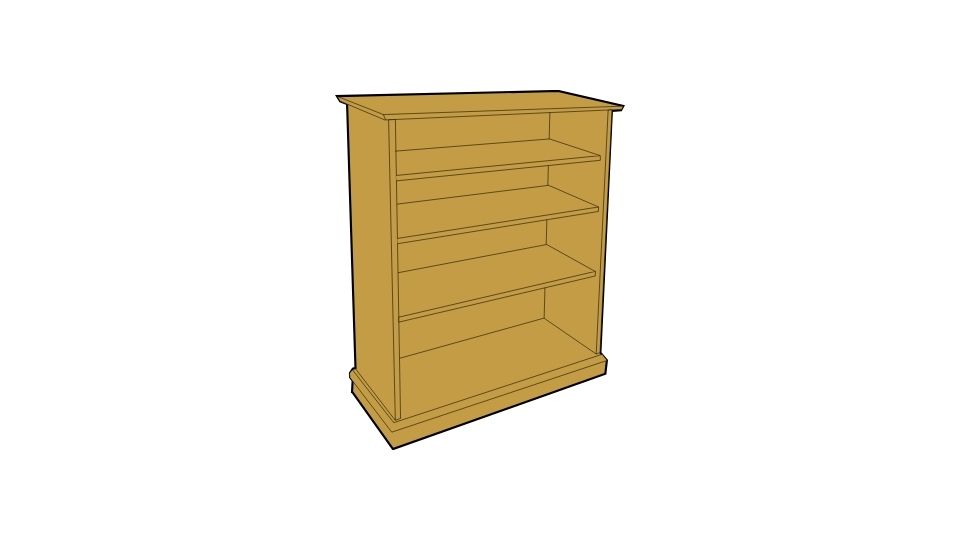
Protein powder is naturally shelf-stable because it’s essentially a dry, powdered form of protein with most of the moisture removed. This low water content is key – without moisture, bacteria and mold have a hard time growing.
Think about it like this: jerky lasts longer than steak for the same reason. Less moisture = fewer microbes = longer shelf life.
Most commercial protein powders can last between 9-19 months when stored under normal conditions (around 70°F with 35-65% humidity). Studies show that whey protein concentrate specifically can maintain its quality for up to 18 months in these conditions.
Many protein powders also contain additives like maltodextrin, lecithin, and salt that can extend shelf life to a full 2 years by improving stability and reducing moisture absorption. These aren’t necessarily bad things – they’re helping your protein last longer!
Storage Tips: Keep Your Protein Fresh
Want to maximize the shelf life of your protein powder? Here’s how:
1. Keep it in an airtight container
Oxygen and moisture are the enemies of protein powder freshness. Make sure that container is sealed tight after each use! If your protein came in a resealable bag, make sure you’re actually sealing it properly.
Even better – transfer it to a high-quality airtight container that seals well.
2. Store in a cool, dry place
Your pantry or kitchen cabinet is perfect, as long as it’s away from:
- Heat sources (stove, oven)
- Humidity (dishwasher, sink)
- Direct sunlight
Aim for temperatures around 70°F with low humidity to slow protein breakdown and preserve both flavor and nutritional value.
3. Don’t refrigerate or freeze it!
This might seem counterintuitive, but refrigerating or freezing protein powder is actually a bad idea. Why? Every time you open the container, condensation forms due to the temperature change, introducing moisture that can lead to clumping and mold.
Room temperature storage in a cool, dry place is your best bet.
4. Use dry scoops only
Always use a completely dry scoop to measure your protein powder. Wet scoops = moisture = clumping and potential spoilage. Simple but important!
5. Consider desiccant packs
Those little silica packets that say “DO NOT EAT”? They’re your friends! They absorb moisture and help maintain the powder’s dryness. Some protein containers come with them – if yours doesn’t, you can add food-grade desiccants yourself.
Red Flags: When to Toss Your Protein
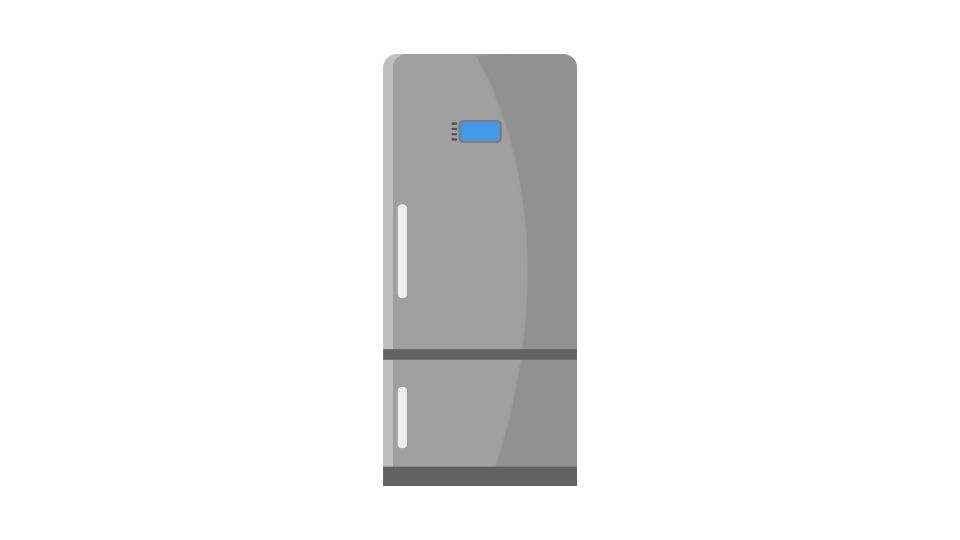
Even with perfect storage, protein powder will eventually degrade. Watch out for these warning signs:
- Strange odors – rancid, sour, or musty smells are bad news
- Altered taste or unexpected bitterness
- Hard clumping that won’t break up easily
- Visible mold or discoloration (yellowing, dark spots)
- Weird texture changes beyond normal graininess
If you notice any of these, it’s time to say goodbye to your protein powder. Your gains aren’t worth food poisoning!
Different Types of Protein, Different Shelf Lives
While most protein powders follow similar storage rules, there are some differences worth noting:
- Whey protein: Generally lasts 9-19 months under proper storage
- Plant proteins (pea, hemp, soy): Similar shelf life but may be slightly more sensitive to humidity
- Protein with added fruits/greens: Often has shorter shelf life due to the additional ingredients
The Journal of Dairy Science published research showing that whey protein maintains its nutritional profile longer than some alternatives, but all protein powders follow similar degradation patterns when exposed to heat and humidity.
Opened vs. Unopened: What’s the Difference?
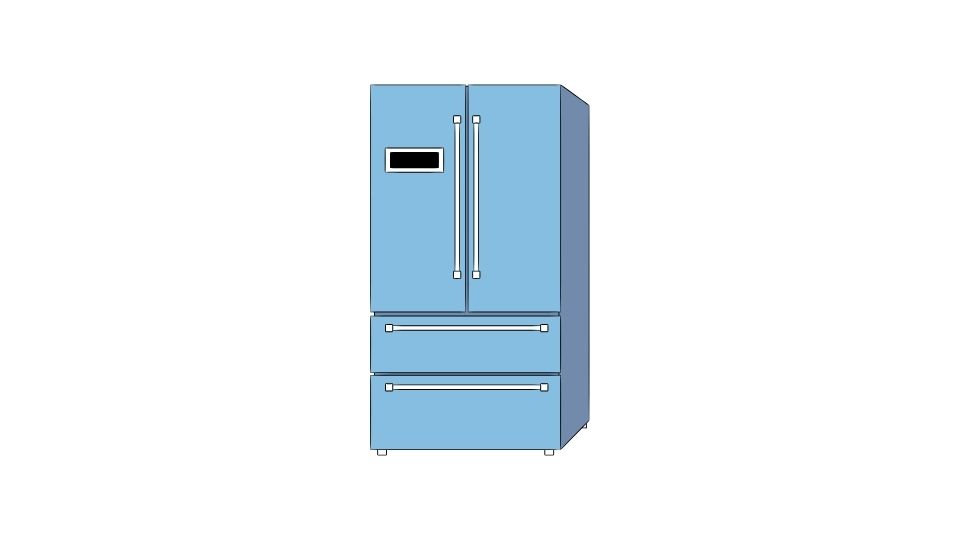
Once you break that seal, the clock starts ticking a bit faster:
- Unopened protein powder: Can last the full shelf life (up to 2 years in ideal conditions)
- Opened protein powder: Generally stays fresh for about 12-14 months if stored properly
The Bottom Line on Protein Powder Shelf Life
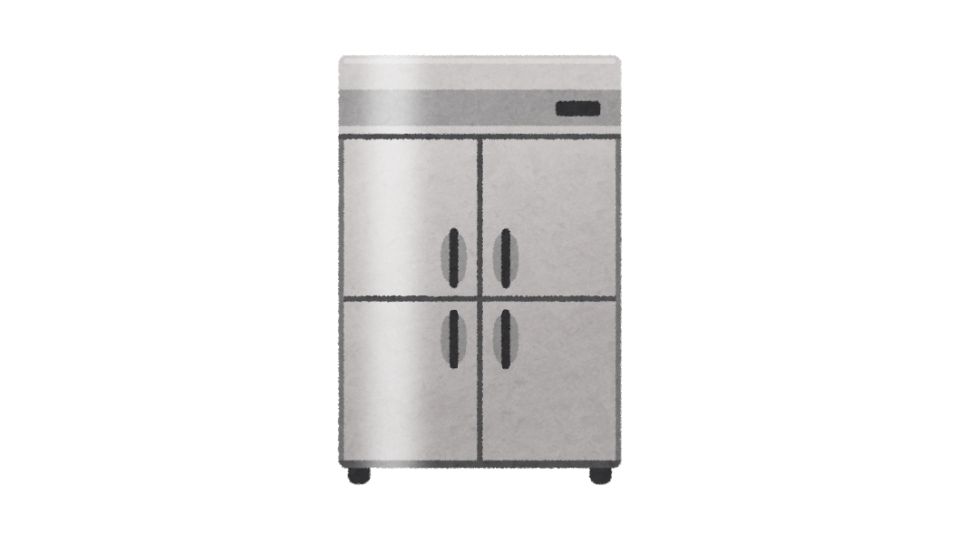
Protein powder is a pretty resilient product when stored correctly. Most will last 9 months to 2 years depending on storage conditions and formulation.
The key takeaways:
- Keep it cool, dry, and airtight
- Don’t refrigerate it
- Use dry utensils only
- Watch for signs of spoilage
Follow these guidelines and your protein powder will be ready when you are – whether that’s for your morning smoothie or post-workout shake!
And remember – while expired protein probably won’t make you sick (assuming no mold), it does lose nutritional value over time. So for the best results, use it while it’s fresh!

